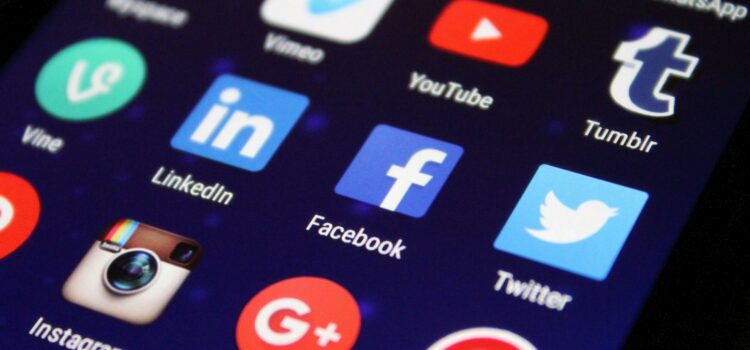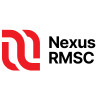
Social media has revolutionized the way we communicate, connect, and consume information. While it offers incredible opportunities for businesses, it also presents significant risks to their reputation. A single misstep on social media can quickly escalate into a full-blown crisis.
The Power of Social Media: A Double-Edged Sword
Social media platforms have given individuals and businesses a powerful voice. Positive brand experiences can go viral, leading to increased brand awareness and customer loyalty. However, negative experiences can spread like wildfire, damaging a company’s reputation and bottom line.
Common Social Media Reputation Risks
- Negative Reviews and Complaints: A single negative review can tarnish a company’s reputation.
- Social Media Backlash: Poor customer service, unethical practices, or controversial statements can lead to social media backlash.
- Cyberbullying and Trolling: Companies can be targeted by online trolls and bullies.
- Fake News and Misinformation: False information can spread quickly on social media, damaging a company’s reputation.
- Data Breaches and Privacy Concerns: Data breaches can lead to significant reputational damage and financial losses.
Strategies for Mitigating Social Media Risks
To protect your reputation in the age of social media, consider the following strategies:
Monitor Social Media Conversations:
- Track Brand Mentions: Use social listening tools to monitor brand mentions and sentiment.
- Identify Potential Crises: Quickly identify and address negative comments or complaints.
Engage with Your Audience:
- Respond Promptly: Respond to customer inquiries and complaints promptly and professionally.
- Build Relationships: Engage with your audience through social media to build trust and loyalty.
Develop a Social Media Crisis Management Plan:
- Identify Key Stakeholders: Determine who needs to be involved in a crisis response.
- Establish Communication Protocols: Develop clear communication protocols to coordinate the response.
- Create a Crisis Communication Toolkit: Prepare a toolkit with key messages, templates, and guidelines.
Employee Training:
- Social Media Etiquette: Train employees on appropriate social media behavior.
- Crisis Communication Training: Equip employees to handle crisis situations effectively.
Leverage Social Media for Good:
- Share Positive Stories: Highlight positive customer experiences and company achievements.
- Run Social Media Campaigns: Use social media to launch marketing campaigns and engage with your audience.
Real-World Examples of Social Media Crises
- United Airlines Dragging Incident: A video of a passenger being forcibly removed from a United Airlines flight went viral, causing significant reputational damage.
- Pepsi’s Kendall Jenner Ad: Pepsi’s attempt to capitalize on social justice movements backfired, leading to widespread criticism and a public relations disaster.
By understanding the risks and implementing effective strategies, businesses can navigate the complex landscape of social media and protect their reputation. Remember, social media is a powerful tool, but it’s essential to use it wisely.

